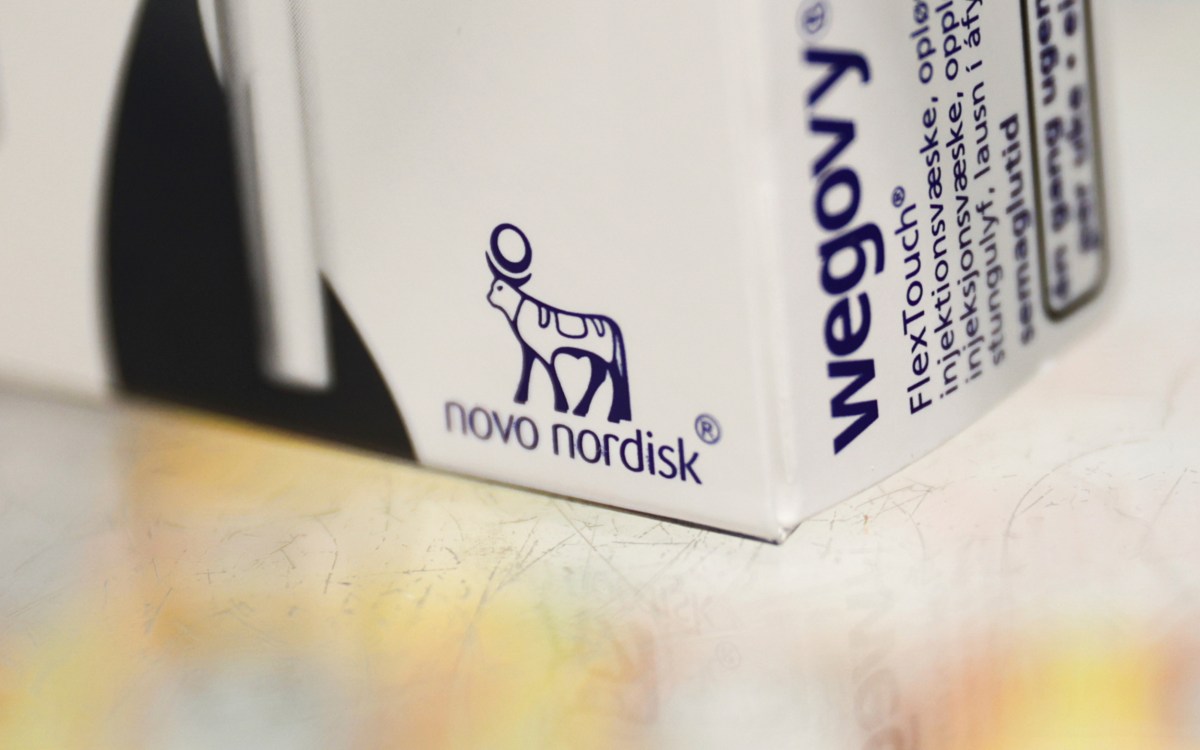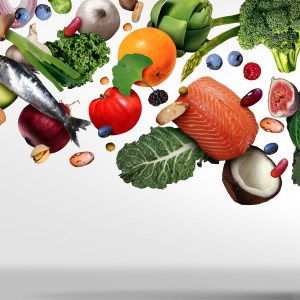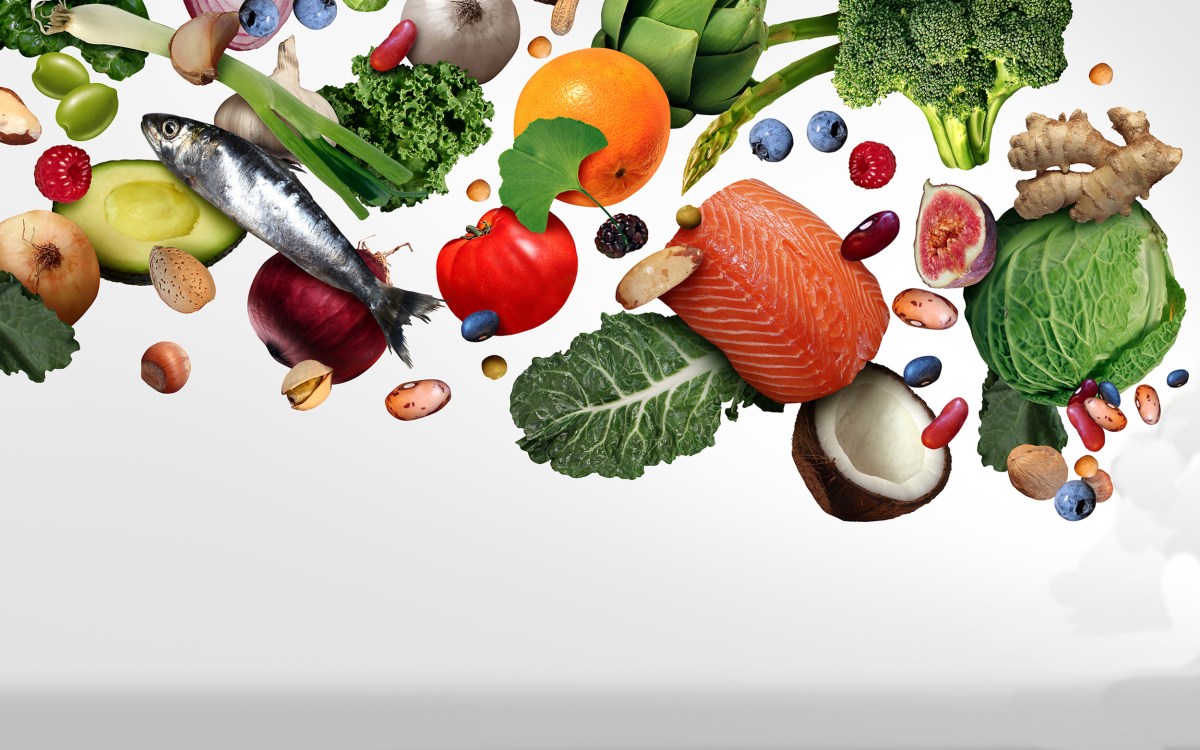Harvard nutritionists take aim at sugary drinks
Comparing the nation’s obesity epidemic to a house on fire, Harvard nutrition experts took aim at sugar-sweetened beverages Monday (April 20), recommending the creation of a new, low-sugar alternative and urging adults and children alike to quench their thirsts the natural way — with water.
Walter Willett, chair of the Harvard School of Public Health’s Nutrition Department, and Lilian Cheung, who directs the department’s Nutrition Source Web site, said Americans are getting fat because they’re eating more, consuming about 300 calories a day more today than they did 30 years ago. About half of that comes from soda, fruit juice, and other sugary drinks.
“We are in the midst of an obesity epidemic. The rates of obesity in children have increased three- to fourfold during the last 30 years. At this time about two-thirds of the adults are either overweight or obese,” Willett said. “This is critical, the house is on fire, because we know there are huge adverse health consequences of overweight and obesity.”
The negative health effects of obesity are well known, with links to diabetes, heart attack, stroke, cancer, high blood pressure, liver disease, and osteoarthritis, according to the Centers for Disease Control and Prevention. A study by HSPH researchers published in April showed that women who drank more than two servings of sweetened beverages a day had an almost 40 percent higher risk of heart disease than women who rarely drank them. The obesity epidemic, Willett said, could undo the gains in health and life expectancy made over recent decades.
“This is a very serious problem; we really have to take this on directly,” Willett said.
Though Willett and Cheung said water is the best beverage option, they said Americans might need to be weaned from their super-sugary tastes. After a survey of current beverages on the market, they found very few available that have a low level of sugar. They proposed the creation by manufacturers of a new class of slightly sweetened beverages having no more than 1 gram of sugar per ounce — about 70 percent less than most soft drinks today — and that do not rely on artificial sweeteners.
Willett said the typical 12 ounce can of soda has 10 teaspoons of sugar, while the common 20 ounce size contains 17 teaspoons of sugar.
“If you could imagine gulping down 17 teaspoons of sugar, it makes you want to gag,” Willett said.
Willett and Cheung also called for a society-wide effort to reduce the consumption of these drinks, recommending that the government force companies to list the total number of calories per can — rather than per serving — on a container of soda or other beverage and levy sales taxes on the beverages. They said that schools and workplaces should offer healthy beverage choices, in smaller serving sizes, and make sure water is available. They also called on individuals to make healthier choices at home and on family food shoppers to cross soda and fruit drinks off their shopping list.
Cheung said that the key to such an effort will be for Americans to retrain their palates away from sugary drinks and toward healthier alternatives. That may take some doing, since four out of five children and two out of three adults consume the drinks daily, while a typical teen boy drinks more than a quart of sugary drinks a day.
Cheung and Willett didn’t recommend replacing sugary drinks with artificially sweetened ones, saying those substitutes have been on the market for years and have had no impact on the obesity crisis, probably because they don’t force us to retrain our palates.
“We as individuals ought to drink more water. Water is free and it has no calories,” Cheung said.
The Harvard School of Public Health’s Nutrition Department has added information on sweetened beverages and new recommendations on beverages to its Nutrition Source Web site to help consumers make healthy choices.
For more information on HSPH Nutrition Source, visit www.hsph.harvard.edu/nutritionsource/.




